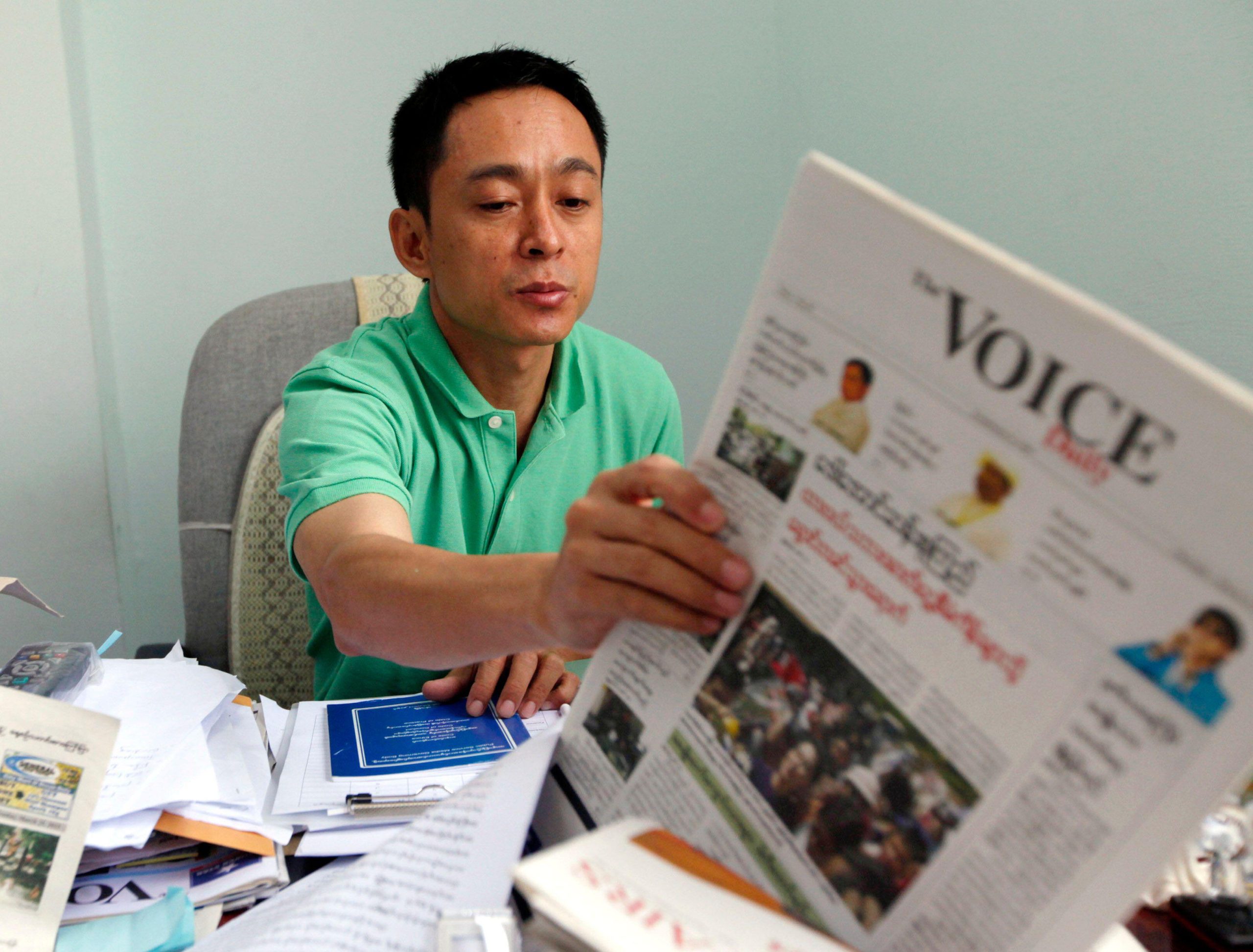 The position of the media reporting parliamentary injunction breaches is “astonishingly unclear” says Lord Neuberger. Judith Townend reports
The position of the media reporting parliamentary injunction breaches is “astonishingly unclear” says Lord Neuberger. Judith Townend reports
A committee investigating the growth of super injunctions and anonymised privacy injunctions has emphasised the need for open justice and public hearings.
Lord Neuberger, Master of the Rolls, formed the committee in April 2010 in response to widespread concern about secret injunctions whose very existence could not be reported.
The committee, which reported its findings at the Royal Courts of Justice on Friday, has made a number of procedural recommendations, such as the creation of a secure database tracking injunctions, and has drafted guidance for injunction applications.
The new procedure, the committee said, would enable the media to be informed about applications in advance.
The committee made a distinction between secret super injunctions, such as those protecting the oil trader Trafigura and the footballer John Terry, and anonymous privacy injunctions for which judgments are publicly available.
While the committee only identified two of the former category since footballer John Terry , the number of anonymised privacy injunctions has increased.
“Injunctions have until early 2010 been granted perhaps a bit too readily,” Lord Neuberger told the assembled media.
Neuberger said the committee was “obviously anxious that hearings take place as much as possible in public”.
Sensitive information could be dealt with by reference to a private document, he said.
Lord Neuberger found the law relating to contempt of court for reporting parliament as “astonishingly unclear”.
Questions were raised following the use of parliamentary privilege to challenge recent privacy injunctions.
On Thursday, the High Court varied the details of a privacy injunction involving the former Royal Bank of Scotland chief executive, Sir Fred Goodwin, after Lord Stoneham used parliamentary privilege to reveal more details about the injunction to House of Lords peers.
In regards to journalists circumventing injunctions by reporting a breach of an injunction in parliament, Lord Neuberger said:
“…I would not to like to pontificate about what the law is a) it does appear to be unclear and b) in due course as a judge I might be asked to rule on what it is and therefore I can’t express a view to you. ”
“It is very unsatisfactory,” he continued. “People should know where they are.”
“Historically the courts and parliament have mutually respected each others’ territory and have worked very well together.
“I have every expectation and certainly every faith that this will continue in relation to this particular topic.”
The Lord Chief Justice, Lord Judge, suggested that the internet might be further regulated for injunction breaches in future:
“I’m not giving up on the possibility that people who, in effect, peddle lies about others through using modern technology may one day be brought under control, maybe through damages, very substantial damages, maybe even through injunctions to prevent the peddling of lies.”
Since the committee hearing took place, Bloomberg Businessweek has reported that lawyers acting for a claimant known as “CTB” have filed papers against Twitter in the High Court in London.
While the document gave no details of the claim, according to Bloomberg, CTB is the set of intials used in CTB v News Group Newspapers Ltd & Anor, involving a footballer and the reality television star Imogen Thomas.
Judith Townend is a freelance journalist and PhD candidate based at City University London. Her blog meejalaw covers digital media law




